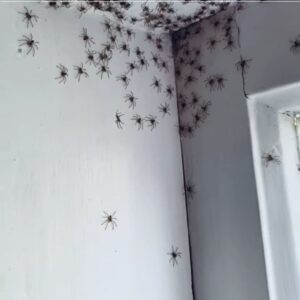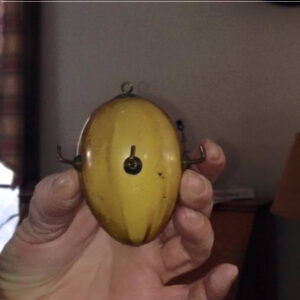In her inaugural address, Hana-Rawhiti Maipi-Clarke pledged her commitment to her constituents, saying, “I will die for you … but I will [also] live for you.”
A video of a young New Zealand parliamentarian went viral as she delivered her first speech, performing the ‘Maori haka’ or to honour her indigenous roots. Hana-Rawhiti Maipi-Clarke, a 21-year-old member of the Maori community, made history as the youngest MP in 170 years. In her inaugural address, she pledged her commitment to her constituents, saying, “I will die for you … but I will [also] live for you.”

She also revisited segments of her Te Petihana anniversary speech, resonating once more amidst the new government’s intentions to limit the use of the Treaty and te reo Māori in legislative matters, according to New Zealand Herald report.
Referring to her earlier speech outside Parliament for Te Petihana’s 50th anniversary (which signifies ‘the petition’ where Māori groups advocated for national recognition and the revival of te reo Māori), Maipi-Clarke said, “I truly feel like I’ve already said my maiden speech outside the steps of Parliament last year.”
“In only a couple of weeks … this Government has attacked my whole world … Health, taiao [environment], wai [water], whenua [land], natural resources, Māori wards, reo [language], tamariki, and the right of me and you to be in this country under Te Tiriti,” Clarke said.
Her statement reflected personal impact amid policies seemingly directed at her, questioning, “How can I not take anything personally when it feels like these policies were made about me?”
Beyond her commitment to future generations, she conveyed a heartfelt message to her electorate, saying, “To Hauraki-Waikato, I am at your service in and outside of Parliament. I will die for you in these chambers, but I will live for you outside these four walls.”
“Never fit in. You are perfect. You are the perfect fit,” she added.
Maipi-Clarke does not perceive herself as a conventional politician, rather, she sees her role as a kaitiaki (guardian) for Māori language, land, and traditional wisdom, as per The Guardian‘s report. She believes it’s time for a new generation of Māori voices to be heard.
What is ‘Maori Haka’?
Traditionally, the haka was a customary way to greet visiting tribes, while also serving as a means to energise warriors before battle, according to 100% Pure New Zealand. It was a display of physical strength intertwined with cultural pride, unity, and resilience.
Although termed as a Māori dance, the haka does not align with conventional dance forms. Typically executed in a group, it comprises “chanting, vigorous movements like stamping, hand gestures, and facial expressions”. The nature of the haka varies across tribal regions, often narrating significant events within an iwi’s (tribe’s) history.
In modern times, the haka retains its significance as a symbol of reverence and is performed during pivotal events such as sporting matches, weddings, funerals, and powhiri (traditional welcomes).
Who is Maipi-Clarke?
At the age of 21, Maipi-Clarke became New Zealand’s youngest MP to join parliament in 170 years during the recent national elections, The Guardian report said. Her victory meant unseating Labour’s Nanaia Mahuta, a highly respected and senior MP who held the Hauraki-Waikato Māori electorate for two decades and was the first Māori woman to become foreign affairs minister.
Hailing from Huntly, a town situated between Auckland and Hamilton, Maipi-Clarke manages a māra kai, a Māori community garden that educates local children about gardening following the Māori lunar calendar, known as ‘maramataka’. Despite her young age, her achievements are notable—besides running a business, she authored a book encouragin
John Hamilton, the city’s namesake.





